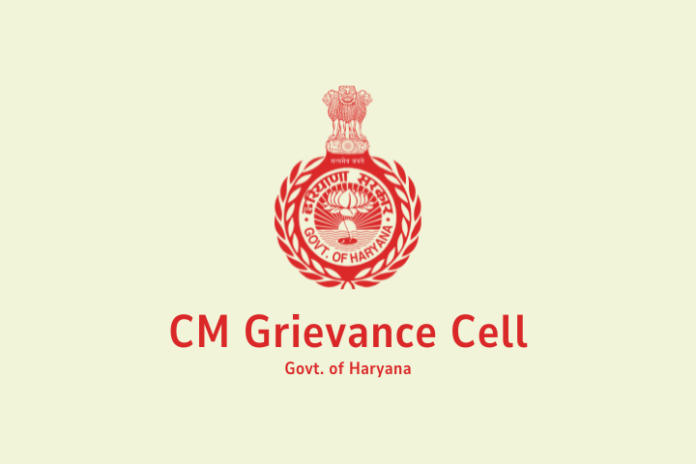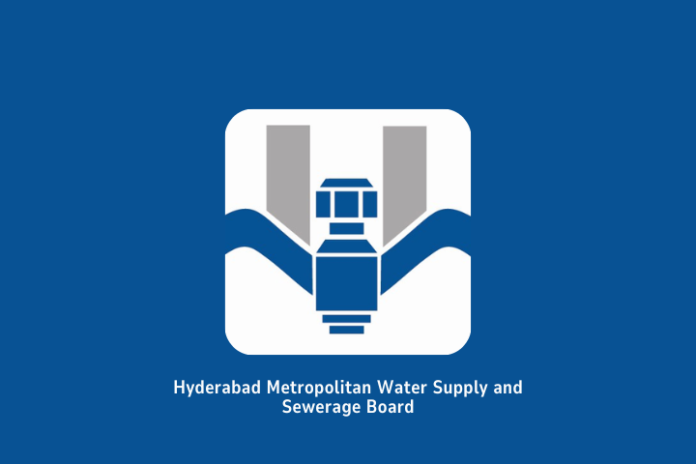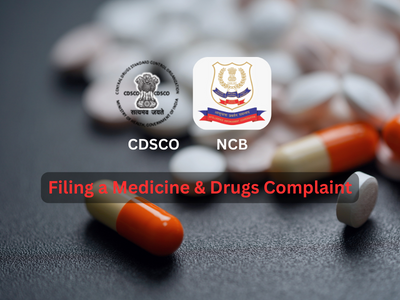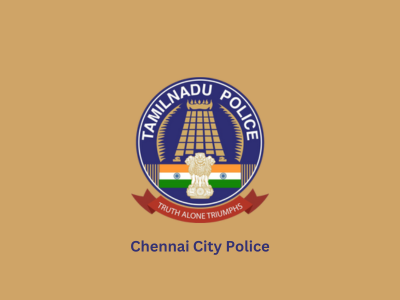
Government hospitals in India are lifelines for millions, providing affordable healthcare and essential medical services at subsidized costs. However, there may be situations where you encounter issues with the service or treatment received such as treatment, hygiene, or staff conduct.
This article outlines the standard grievance redressal mechanisms that are available for filing a complaint against a government hospital and doctors in India, depending on the nature of your grievance.
Examples of complaints:
- Neglect or improper treatment by a doctor.
- Unhygienic conditions within the hospital.
- Rude or disrespectful behaviour by hospital staff.
- Excessive wait times or delays in receiving treatment.
- Billing discrepancies or overcharging.
Filing a Hospital Complaint
Filing a complaint about a government hospital, primary health center (PHC), or other public health services depends on the location, specifics of your situation, and nature of the grievance. As per grievance redressal mechanisms, these are authorities where you can complain:
1. Hospital Administration
Most government hospitals have an Internal Grievance Redressal Mechanism (IGRM), allowing patients to address concerns within the hospital itself. Look for designated complaint boxes or inquire about the process at the hospital’s reception or patient relations office.
You can usually submit a written complaint addressed to the Medical Superintendent, describing the specific details of your experience. In some hospitals, you may also send an email to the grievance cell (see the notice boards).
Note: For medicines or drugs complaints, know how to file a medicine or pharma complaint.
2. Chief Medical Officer (CMO)
The CMO of your district is responsible for supervising healthcare facilities in government hospitals and PHCs. You can escalate the grievances for broader issues affecting patient care or hospital management practices.
Prepare a detailed written complaint outlining the date, time, and specifics of your experience (of unresolved complaints). The CMO’s office can investigate the matter and recommend corrective action.
You can lodge your grievance through the Integrated public grievance redressal portals of respective states. Additionally, you may use your district portal for the contact details of the CMO and official address to submit your written complaint physically.
Don’t forget to mention the name of the hospital, PHCs, and reference/acknowledgement receipts of previous complaints.
3. State Health Department
Each state has a health department that handles grievances related to government hospitals. Many departments have online complaint portals on their official websites. You can file your complaint electronically through these grievance portals and track its progress.
You can also use the online grievance registration portal of your state government. For example:
- Jansunwai in Uttar Pradesh
- Grievance Redressal System in Maharashtra
- CPGRAMS – Central Government
- Rajasthan Sampark
- JanaspandanaIPGRS Karanataka
- IIPGCMS – Tamil Nadu
Alternatively, you can visit the department in person and submit a written complaint.
4. State Medical Council (SMC)
If your complaint pertains specifically to a doctor’s conduct or potential negligence, you can file a complaint with the SMC of your state. The SMC is empowered to investigate such cases and take disciplinary action against registered medical practitioners if necessary. Provide relevant medical records and doctor’s notes (prescriptions) to support your claim.
Some examples of State Medical Council names:
- Andhra Pradesh Medical Council
- Assam Council Of Medical Registration
- Bihar Medical Council
- Chhattisgarh State Medical Council
- Gujarat Medical Council
- Himachal Pradesh Medical Council
- Jammu and Kashmir Medical Council
- Karnataka Medical Council
- Maharashtra Medical Council
- Kerala State Medical Council
5. Consumer Forum
In instances where medical negligence or deficiency in service leads to financial loss or harm, you can approach the Consumer Forum for compensation. This is a formal legal process, requiring a lawyer (optional) and presentation of evidence.
You can file a consumer complaint to the Consumer Disputes Redressal Commission (also known as consumer court) through the E-DAAKHIL portal.
Know the documents needed to file a complaint to Consumer Forum – Complaint Hub Citizen Community.
If still not resolved to your satisfaction, you may take legal action by filing a case (e-filing) within the district or high court of the state.
Additional Tips
Must provide the details of the incident, including dates, names of doctors/staff involved (if possible), and the specific issue you’re raising. Supporting documents like medical records, bills, or receipts significantly strengthen your case.
- Evidence: If you witnessed any misconduct or have photographic or video evidence of hospital conditions, include it with your complaint.
- Communication Information: You can find contact details for relevant authorities on the official websites of the state health department, the CMO’s office, or the SMC. Many of these also provide downloadable complaint forms for ease of filing.
Filing a complaint is not just about seeking redress for your individual experience. It serves a larger purpose of improving healthcare delivery within government hospitals.
Common Grounds for Complaints
- Medical Negligence: Concerns about improper diagnosis, treatment delays, or substandard care by doctors can be addressed. Examples include failure to follow proper medical protocols, unnecessary surgical procedures, or medication errors.
- Hospital Deficiencies: Unhygienic conditions within wards, inadequate sanitation facilities, or lack of essential equipment can be reported. Issues like rodent infestation, improper waste disposal, or malfunctioning medical devices pose health risks and deserve attention.
- Staff Misconduct: Rude or disrespectful behaviour by doctors, nurses, or administrative staff can be a source of distress. Instances of verbal abuse, discriminatory practices, or neglectful patient care warrant complaints.
- Administrative Issues: Excessive wait times for appointments, billing discrepancies leading to overcharging, or denial of essential services can be addressed.
Reference:











